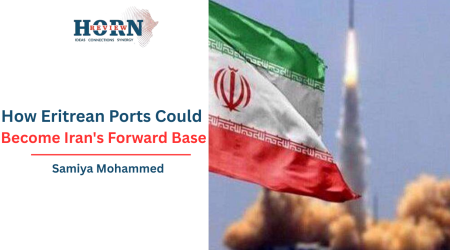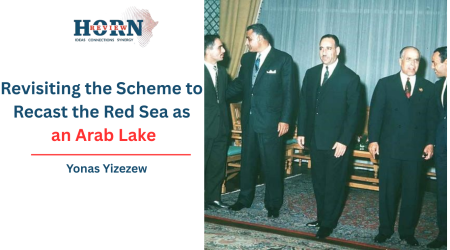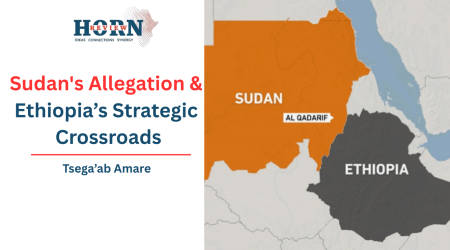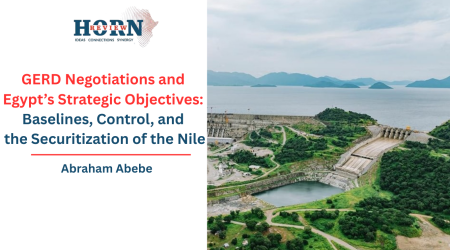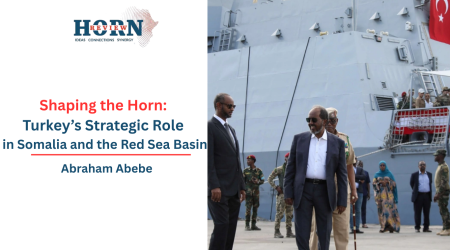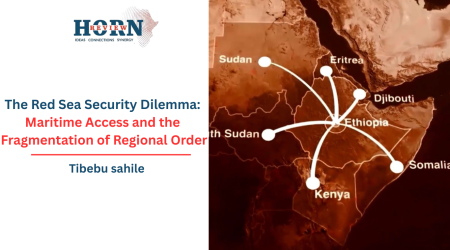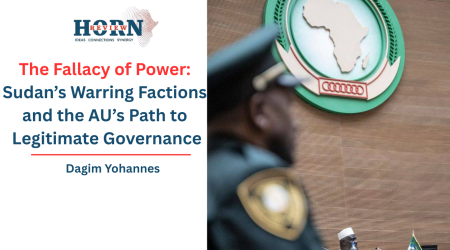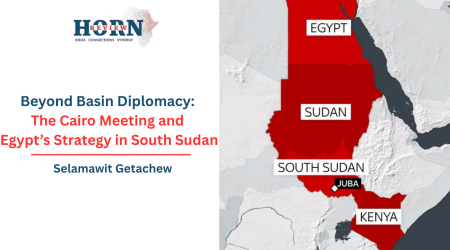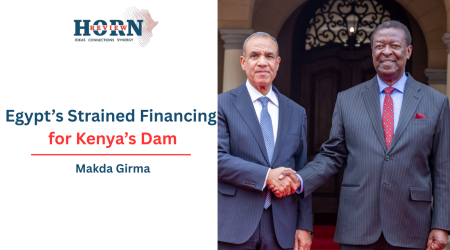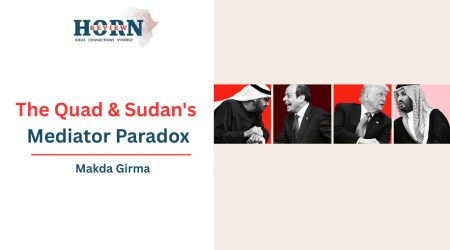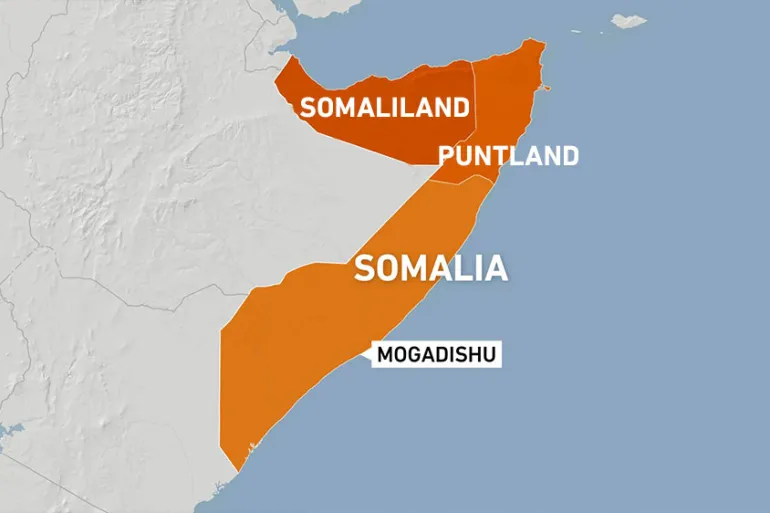
30
Apr
The Museveni Factor: Somalia 2025 and Funding the forever war
Uganda’s Ascent as Africa’s Security Arbiter
The conference room at the Kampala Mestil Hotel had seen countless diplomatic meetings, but none quite like this. When African defense ministers and global envoys gathered in April 2025 to discuss Somalia’s security transition, they weren’t just planning another rotation of peacekeepers they were quietly rewriting the rules of African sovereignty.
The resulting Kampala Consensus represents nothing less than a tectonic shift in how the continent manages fragile states, with implications that will reverberate far beyond Somalia’s borders.
President Yoweri Museveni arrived at the meeting with a carefully crafted proposition that would cement Uganda’s position as Africa’s security guarantor. The proposed Peer Review Mechanism ostensibly a technical oversight body concealed a more ambitious design. By placing himself as chair of this new structure, the long-serving Ugandan leader wasn’t offering to coordinate troops he was positioning Kampala as the nerve center of African counterterrorism policy.
This move didn’t emerge from vacuum. Uganda has maintained the largest contingent in Somalia since 2007, suffering nearly a third of all AMISOM/AUSSOM casualties. Museveni’s security apparatus has developed unparalleled institutional knowledge about fighting Al-Shabaab knowledge he now leverages to claim primacy in continental security governance. The unspoken message to Western donors was clear Africa can manage its own crises, provided they accept Uganda’s leadership.
Somali Prime Minister Hamza Abdi Barre’s delegation performed a delicate diplomatic ballet in Kampala. Publicly, they welcomed enhanced cooperation privately, they resisted what one adviser called “the soft annexation of our security policy.” Their carefully worded interventions emphasized three red lines no foreign troops in urban centers, Somali command of all joint operations, and sunset clauses for the Peer Review Mechanism.
Somalia’s negotiating position suffered from fundamental weaknesses. The government’s recent military setbacks against Al-Shabaab in Galmudug and Hirshabelle left it dependent on foreign forces. More damningly, the chronic infighting between Mogadishu and federal member states undermined claims of unified leadership. When Ethiopian delegates pointedly asked who exactly represented “Somali ownership” the federal government or regional administrations the uncomfortable silence spoke volumes.
The Intergovernmental Authority on Development (IGAD) emerged as the unexpected kingmaker in Kampala. Historically dismissed as a talk shop, the regional bloc’s full-throated endorsement of Uganda’s proposal revealed its metamorphosis into an instrument of collective security governance. IGAD Secretary General Workneh Gebeyehu’s intervention was particularly revealing “We cannot allow national sensitivities to paralyze continental solutions.”
This masks a harder truth. IGAD’s new muscular approach serves the interests of its dominant members particularly Ethiopia and Kenya who view robust regional security architecture as a means to project influence while sharing burdens. The proposed 8,000-troop surge will disproportionately draw from these nations, giving them greater leverage over Somalia’s trajectory. The unstated endgame? A Horn of Africa security complex where Nairobi and Addis Ababa call the shots, with Mogadishu as junior partner.
Cairo’s delegation arrived with instructions to disrupt the emerging consensus. Egyptian Defense Minister Mohamed Zaki’s intervention delivered in fluent Arabic rather than the conference’s working English was a calculated signal of dissent. His warning against “layered oversight structures that dilute rather than strengthen sovereign capabilities” wasn’t merely about Somalia; it was a shot across the bow against Ethiopia’s rising regional dominance.
Egypt’s stance reflects its broader geopolitical calculus. As Addis Ababa strengthens its Red Sea partnerships, Cairo views Somali sovereignty as a bulwark against total Ethiopian hegemony in the Horn. The Nile dispute looms large here by positioning itself as the defender of Somali autonomy, Egypt gains moral high ground against Ethiopian “interference” elsewhere. This explains Cairo’s surprising push for UN rather than AU leadership of the oversight mechanism.
Perhaps the most consequential development occurred outside the official agenda. Qatar’s silent presence represented by a senior Foreign Ministry official “observing” proceedings signaled Doha’s readiness to bankroll the new security architecture.
The announcement of a $200 million pledge to AUSSOM’s revamped funding mechanism came not from AU officials but through Qatar News Agency hours after the meeting adjourned.
This Gulf dimension introduces dangerous new variables. Qatar’s patronage comes with implicit expectations about Somalia’s political alignment, particularly regarding Muslim Brotherhood-affiliated groups. The risk of counterterrorism becoming entangled in wider Middle Eastern rivalries was underscored by the conspicuous absence of Emirati and Saudi representatives traditional counterweights to Qatari influence in the Horn.
As delegates departed Kampala, the larger implications came into focus. The Peer Review Mechanism establishes a template for “shared sovereignty” that could be applied to other crisis zones from the Sahel to eastern DRC. Its innovative fusion of AU legitimacy, regional muscle, and Gulf financing creates a distinctly African model of crisis management, one that deliberately sidelines traditional Western donors.
The contradictions may prove unsustainable. The mechanism’s success hinges on Somali political elites accepting diminished autonomy a precarious assumption given Mogadishu’s history of resisting external control. Moreover, the tension between Ethiopia’s regional ambitions and Egypt’s containment strategy could fracture the consensus at any moment.
What began as a routine security conference may be remembered as the moment Africa’s elite crossed the Rubicon abandoning post-colonial sensitivities about sovereignty in favor of collective security governance.
By Samiya Mohammed,Researcher,Horn Review

